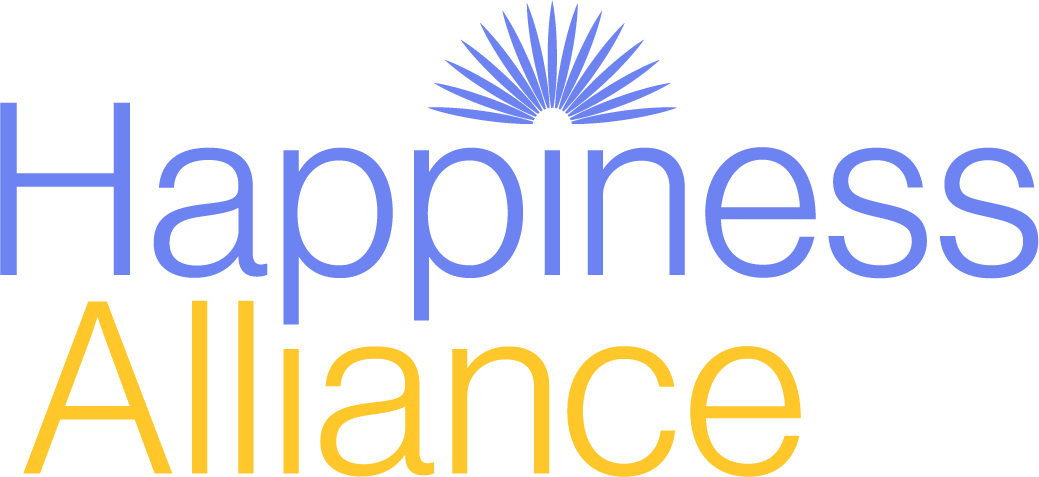Happiness Index Data
|
| ||||||||||||||||||||||||||||||||||||||||||||||||||||||||||||||||||||||||||||||
| survey_average_calculationexplanation_.pdf | |
| File Size: | 59 kb |
| File Type: | |
The Happiness Index Methodology
The Happiness Index was developed by a team of researchers at San Francisco State university led by Ryan Howell, PhD. It has gone through four rounds to arrive at a survey that takes most people between 12-15 minutes to complete. The first round was issued in 2012. It is composed of domains, also called circumstances of life, and questions that measure satisfaction with life. We developed the Happiness Index based on Bhutan's Gross National Happiness Index with the permission of high level officials in office at the time. For the first few years, we used the terms Gross National Happiness Index and Happiness Index interchangeably, so as to broaden the world's knowledge of the brave work on the nation of Bhutan. In 2014, we started using only the name The Happiness Index, and copyrighted it in 2014.
You can download the methodology for the Happiness Index here.
You can download the methodology for the Happiness Index here.
How to give attribution:
Musikanski, L., Cloutier, S., Bejarano, E., Briggs, D., Colbert, J. Strasser, G., Russell, S. (2017). Happiness Index Methodology. Journal of Social Change, 9(1), 4-31. doi: 10.5590/JOSC.2017.09.1.01
Musikanski, L., Cloutier, S., Bejarano, E., Briggs, D., Colbert, J. Strasser, G., Russell, S. (2017). Happiness Index Methodology. Journal of Social Change, 9(1), 4-31. doi: 10.5590/JOSC.2017.09.1.01
Updates to the Happiness Index
December 10, 2019: Questions were added to assess satisfaction with tourism to support the Happiness Alliance's project Planet Happiness. Question and answer text and the methodology can be found in the article Planet Happiness: a Proposition to Address Overtourism and Guide Responsible Tourism, Happiness, Well-being and Sustainability in World Heritage Sites and Beyond.
| planet_happiness_a_proposition_to_address_overtourism_and_guide_responsible_tourism_happiness_well-being_and_sustainability_in_world_heritage_sites_and_beyond.pdf | |
| File Size: | 1009 kb |
| File Type: | |
June 9, 2022: A question for satisfaction with the beauty of the area where one lives was added to support the project And Beauty for All. The answer is on a 11 point scale. The exact text of the question is: "Please rate your satisfaction with the beauty of the area where you live: Not at all...Completely. The question was added to the demographics section following the question for spirituality.
September 15, 2022: A question for freedom to make life choices was added to the Government Domain by decision of the Board of Directors of the Happiness Alliance out of concern for Human Rights. The exact text of the question is "Please rate your satisfaction with your freedom to choose what you do with your life." The answer choices are on an 11 point scale with the lowest score for "Not at all" and the highest score for "Completely". The question is placed as the last question in the Government Domain.
The Happiness Index Data Protection and Privacy Agreement
Download the agreement, sign it, scan it/take a pic and convert it to PDF/use an app to scan it into a PDF and send it to info@happycounts.org
|
If you are having troubles loading the agreement, please use this file and let us know at info@happycounts.org
|
| ||||||
Cost for access to the Full Set of Happiness Index Data:
Undergraduate Student |
Graduate Student Researcher |
Institute (University or Nonprofit) |
$300 |
$500 |
$1000 |
If you truly are a researcher or student without the ability to pay the full amount, please submit a request for a scholarship to access the data in the contact form below, explaining what you plan to do with the data, how you will give attribution and how you will notify us of publication.
|
|
Resources for Researchers
- International Society for Quality of Life Studies (ISQOLS) Resources
- Subjective Well-Being: Measuring Happiness, Suffering and Other Dimensions Reference List
- Ed Diener's Well-being Handbook and his primer for newcomers and reporters
- Doing the right thing: Measuring well-being for public policy - Forgeard, Jayawickreme, Kern & Seligman
- Evidence Knowledge Bank Beta- What Works For Well-being (a draft as of well-being research)
- Reviews of positive psychology measurement tools - Dronavalli & Thompson
- Review of 99 self-report measures for assessing well-being in adults by Linton, Dieppe & Medina-Lara
